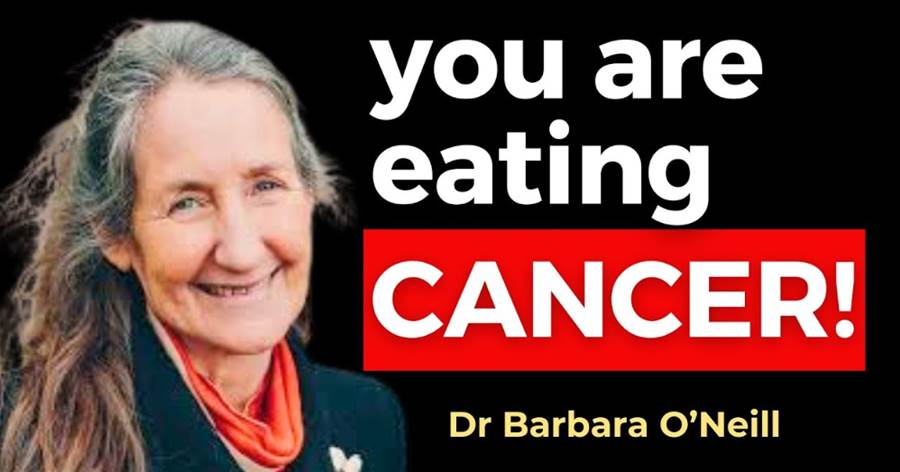
In today’s world, food choices can significantly impact our health, especially concerning cancer.
The concept that certain foods can feed cancer cells has gained traction, with experts like Barbara O'Neill highlighting specific items that might be detrimental to our well-being. Understanding what these foods are and why they might encourage cancer growth is crucial for anyone looking to adopt a healthier lifestyle.
Cancer cells thrive in specific environments, often linked to dietary choices. According to Barbara O'Neill, a prominent health educator, certain foods create conditions that may promote cancer cell growth.
She emphasizes that cancer tends to flourish in acidic environments and can be fueled by high-sugar diets. By identifying these “worst foods,” individuals can make informed choices to reduce their cancer risk.
Refined Sugars: These sugars are often found in sodas, candies, and many processed foods. They can spike insulin levels, which may promote the growth of cancer cells. O'Neill warns that these sugars create an environment that cancer cells love.
Processed Meats
: Items like hot dogs, bacon, and deli meats are loaded with preservatives and nitrates, which can lead to increased cancer risk. O'Neill points out that these substances can disrupt cellular function, potentially aiding cancer cell development.
White Bread and Pasta: Made from refined flour, these staples are stripped of nutrients and fiber. Their high glycemic index can lead to rapid spikes in blood sugar levels, creating a suitable environment for cancer cells to flourish.
Fried Foods: Cooking at high temperatures creates harmful compounds like acrylamide, which have been linked to cancer.
O'Neill suggests that these foods not only lack nutritional value but can also introduce toxins into the body.
Full-Fat Dairy: High in saturated fats and hormones, full-fat dairy products may contribute to certain cancers, including breast and prostate cancer. O'Neill emphasizes the importance of moderating dairy intake in one’s diet.
Alcohol: While moderate consumption might not pose a significant risk, excessive drinking is linked to various cancers. O'Neill warns that alcohol can alter metabolic processes and damage DNA, potentially leading to cancerous growth.
Artificial Sweeteners: These sugar substitutes, like aspartame, have been surrounded by controversy regarding their potential link to cancer. O'Neill urges caution with these additives, suggesting that natural sweeteners are a safer choice.
Excessive Red Meat: While it can be a source of protein, O'Neill notes that consuming too much red meat has been associated with higher risks of colorectal cancer. Moderation is key, alongside choosing leaner cuts.
Canned Foods with BPA: Many canned goods are lined with a chemical called bisphenol A (BPA), which can mimic hormones in the body.
O'Neill advises choosing fresh or frozen options whenever possible to avoid this exposure.
While avoiding these foods can be beneficial, O'Neill stresses that overall dietary patterns matter more than individual items. Adopting a whole-food, plant-based diet rich in fruits, vegetables, whole grains, and legumes can help reduce cancer risk and improve overall health. The emphasis should be on consuming alkaline-forming foods, which can counteract the acidic environment that cancer cells thrive in.
Incorporating healthier foods while reducing the intake of those that may fuel cancer can significantly impact health outcomes. O'Neill’s insights serve as a reminder that making mindful choices is essential not just for preventing cancer, but for fostering a vibrant and energetic life.
What are your thoughts on the foods that may contribute to cancer risk? Have you made any dietary changes after learning about these potential offenders? Share your views and experiences below!



















